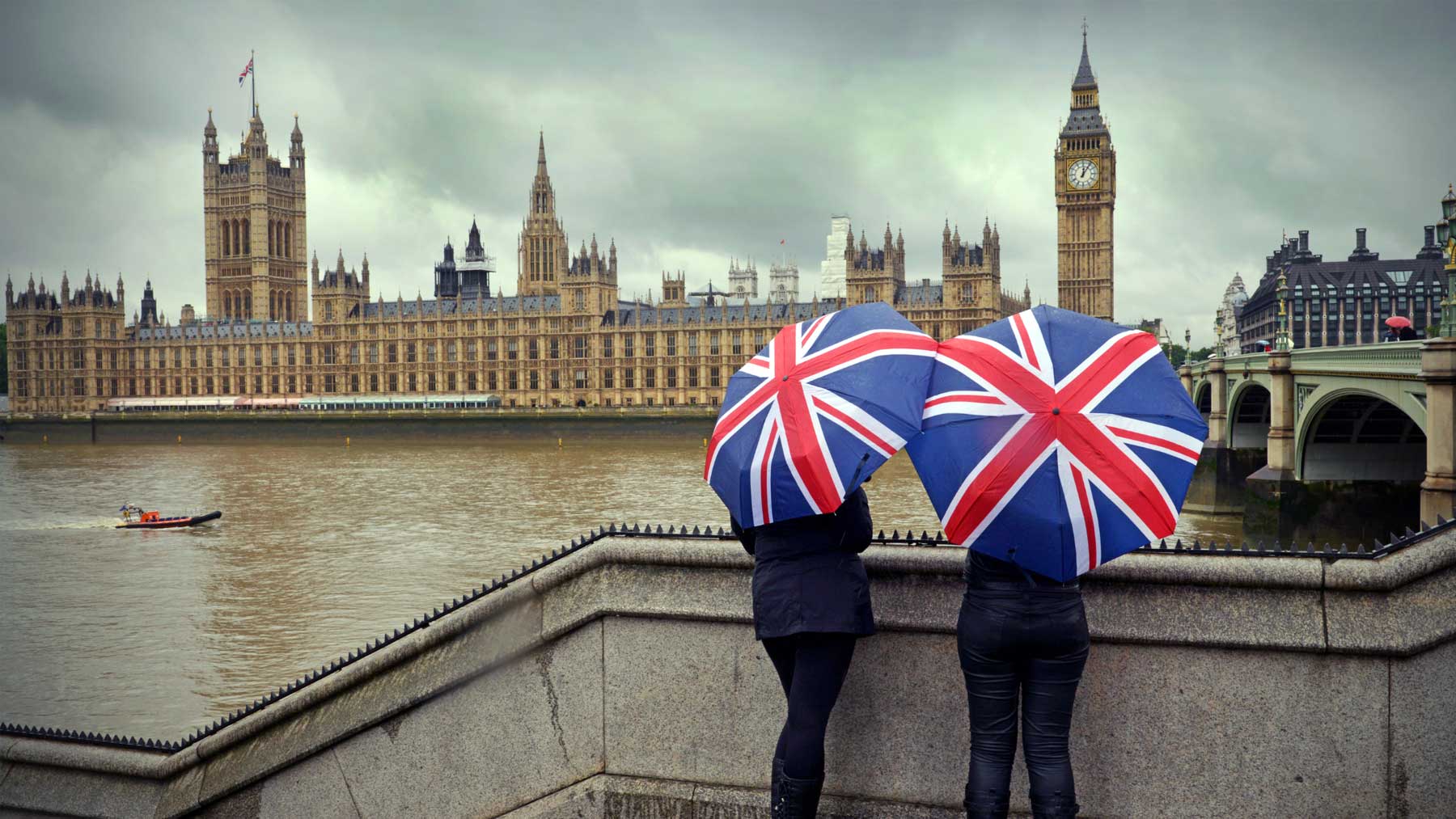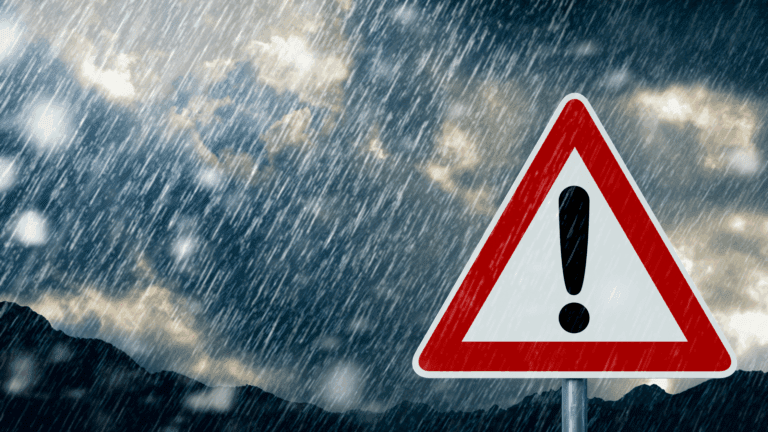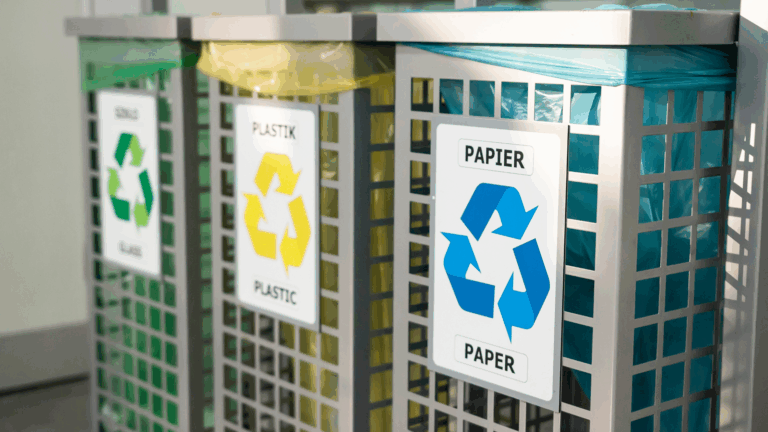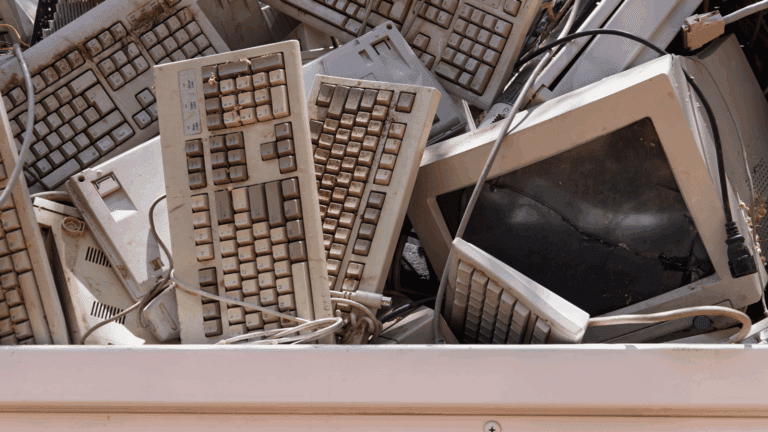
When you think of water security, you might picture dry deserts or drought-stricken countries – not the rainy streets of Britain. But in actual fact, the UK does indeed face its own water security challenges – with some parts expected to face significant water shortages by 2050!
Ensuring we have enough clean, safe water for everyone is a challenge, which means water security is most definitely relevant, and something we should all be thinking about.
Let’s explore what water security means, its relevance in the UK, and how businesses can play their part:
What does water security actually mean?
Water security refers to the management and supply of water, ensuring there’s enough safe, clean water for everyone – now and in the future.
Water security covers:
- A steady supply of water for homes, businesses and agriculture.
- Clean, drinkable water that complies with health and safety standards.
- Protection for rivers, wetlands, and other ecosystems.
- Resilience against unexpected challenges like droughts or floods.
While this might seem simple, it’s actually a growing issue, made even more complex by threats such as climate change, collapsing infrastructure and rising demand.

Why does water security matter in the UK?
We’re definitely not short on rain, but that doesn’t mean we’re in the clear! Challenges include:
1. Rain not falling where it’s needed most
The UK’s rain has favourites! It loves the North and West but is stingier with the South East, where most people live. This means that areas like London and the South East are more vulnerable to water shortages, especially during dry spells.
2. Climate change escalating issues
Climate change is throwing a spanner in the works, resulting in hotter summers, some serious unpredictable weather and angrier storms. All of this puts added pressure on our water systems.
3. Growing demand = growing problems
An increased population leads to an increased demand for clean water. But in addition to this general consumption, businesses also rely on water to keep things moving. This is especially problematic for businesses with high water consumption, such as agriculture and food and drink production companies.
4. The need to update infrastructure
Much of the water infrastructure in the UK – pipes and systems that bring water to our taps – were installed many decades ago and are becoming increasingly problematic. Leaks alone waste billions of litres every year. Modernising this ageing infrastructure is essential, but comes with a hefty price tag.
Why should businesses care?
Regardless of what type of business you are running, water is essential. So, ensuring water security is a big deal for businesses as well as households. Supply interruptions or rising costs can have a significant detrimental impact to your business.
It’s not all doom and gloom though, by making some smart changes, businesses can protect themselves from future risks and play their part in contributing to effective water security.
What can we do about it?
While everyone needs to play their part, here’s what business can do to contribute to effective water security:
1. Use water more effectively
Being smarter with how your business consumes water is an easy place to start. As simple as it sounds, turning off taps and getting around to fixing those leaky pipes will go a long way in saving water over time. In addition, looking to reuse water within the business operation where possible is a great move.
2. Raise awareness among staff
The more people understand water security, the better equipped we’ll be to tackle it. This should start within your business, in terms of staff training, education and engagement.
Water security is a real issue for everyone, and between climate change, growing demand, and ageing infrastructure, we need to act now!

Contact Everflow today!
At Everflow, our goal is to make your utilities simpler. We ensure you get great-value contracts that are tailored to your needs and easy to manage.


